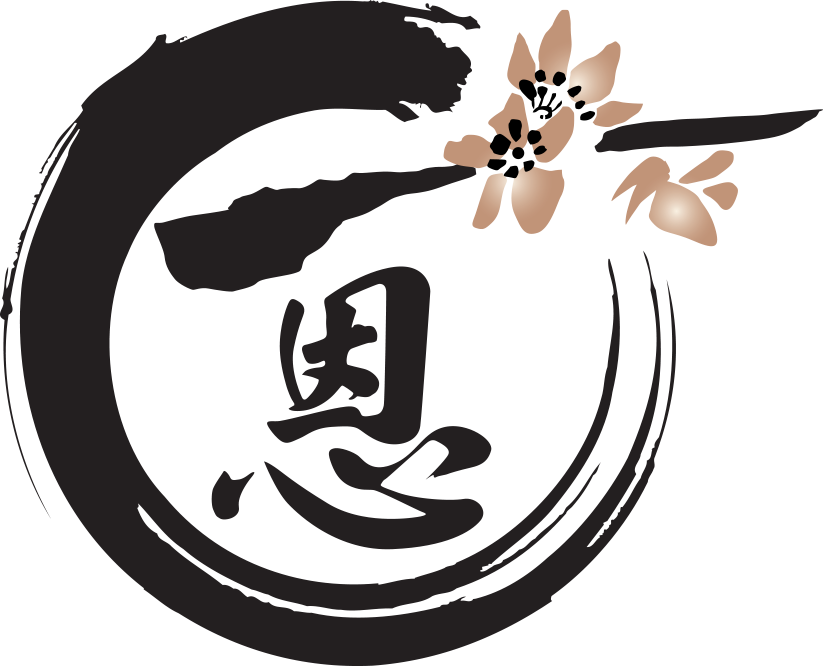Chinese medicine is a generic term that has been traditionally passed down by the Chinese people. It is medicine that follows Traditional Chinese Medicine’s principles and directives. The term ‘Chinese Medicine’ has very broad meaning. It is mainly categorised into:
Chinese medicinal ingredients – including Chinese herbal medicine and Chinese medicinal tonics
Chinese medicine pharmaceuticals – including traditional clinical pharmaceuticals (pills, powders, ointments, pellets, and herbal decoctions), pre-prepared prescriptions, Chinese medicine combination granules etc.
Chinese medicine prescription is the medical prescription that the doctor writes during consultation. The prescription is formed by the doctor under the guidance of Chinese medical principles, such as utilizing clinical inspection, listening and smell, inquiry and palpation (combination of the four methods of diagnosis) to fully gather symptomatic cues. It is after thorough analysis, diagnosis, selection of appropriate medicinal ingredients, confirmation of amount, consideration of formulation principles and composition, is the prescribed combination of Chinese medicine achieved. Chinese medicinal use is selective with Chinese medicine combinations. Often it is according to the illness’ individual needs and the medicinal ingredient’s unique properties. When Chinese physicians prescribe medicinal prescriptions for their patients, it usually follows the principle of lord, official, assistant and envoy. This is where using a combination of more than two medicinal ingredients can achieve a broader and enhanced healing effect to suit the requirements of complex conditions.
The purpose of a prescription is to prevent illness, cure illness, reduce the suffering of patients and recover good health. Safety and effectiveness are the two important aspects of Chinese medicine prescription.
